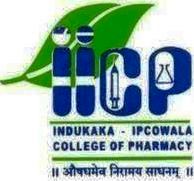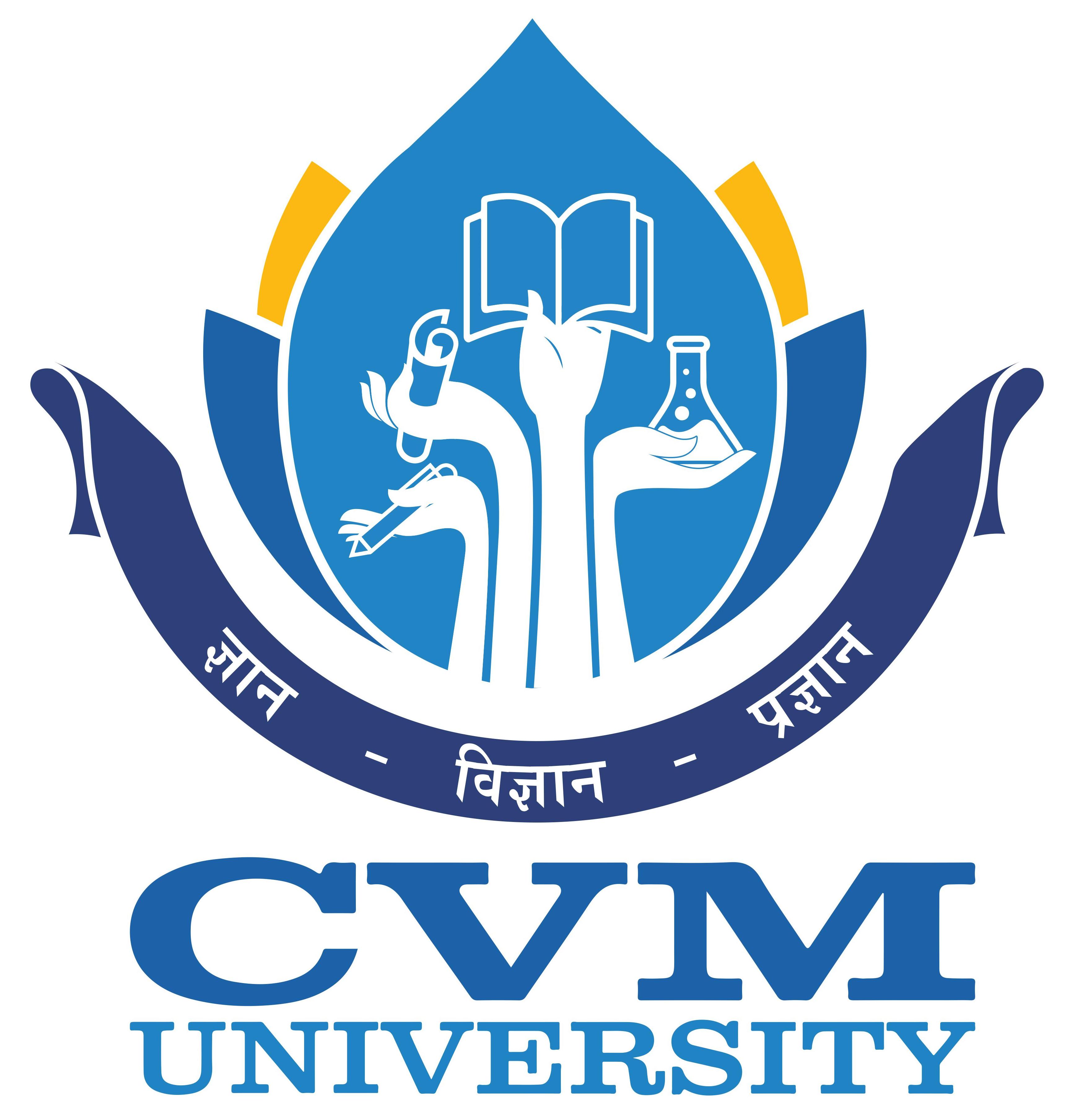Best Practices
Structured Mentor–Mentee System for Student Development and Academic Support
1. Objective of the Practice
- To provide personalized academic and emotional support to students through structured mentoring.
- To identify and address issues related to attendance, backlogs, personal challenges, and career planning.
- To foster a sense of belonging, accountability, and professional growth among students.
2. The Context
- Increasing cases of academic backlogs, poor attendance, and detentions.
- Students’ hesitation in approaching faculty for personal or academic guidance.
- The importance of mentoring, parental involvement, and documentation to ensure student success and reduce dropouts.
3. The Practice
- Mentor Allocation: 15–20 mentees per faculty; same mentor throughout the program.
- Mentoring Sessions: One group + one individual meeting per semester. Documented with meeting minutes.
- Progress Monitoring: Detailed mentoring form tracks academics, attendance, behavior, etc.
- Counseling & Leave Management: Counseling and leave forms document issues and absences.
- Parental Involvement: Formal letters sent in case of poor attendance or detentions.
- Career and Emotional Guidance: Support for exams, career planning, time/stress management.
4. Evidence of Success
- Improved attendance and results.
- Structured documentation for audits.
- Positive student feedback and improved openness.
- Faculty-student bond strengthened.
5. Problems Encountered and Solutions
| Problem | Solution |
|---|---|
| Irregular mentoring meetings | Standardized MOM forms and fixed schedules |
| Faculty overload | Distribute mentees evenly; group mentoring |
| Non-responsive students/parents | Formal communication; involve coordinators |
| Lack of consistency | Central tracking of mentoring records |
Community-Based Pharmaceutical Education through Health Awareness and Outreach Programs
1. Objective of the Practice
- To inculcate social responsibility and empathy in pharmacy students.
- To enhance students’ application of pharmaceutical knowledge in communities.
- To raise public awareness on rational drug use, hygiene, lifestyle diseases, pharmacovigilance.
- To strengthen institutional connection with local communities via service learning.
2. The Context
- Pharmacy education needs more community health exposure.
- Misuse of medication and lack of counselling exist at grassroots level.
- Community trust in pharmacists is essential.
3. The Practice
- Community Pharmacy Camps: Blood tests, hygiene education, adverse drug reaction awareness, women's health topics.
- Thematic Drives: Self-medication awareness, antibiotic misuse, health & hygiene through posters, plays, and pamphlets.
4. Evidence of Success
- Greater public awareness about medicines and hygiene.
- Improved student confidence, ethics, communication skills.
5. Problems Encountered and Solutions
| Problem | Solution/Strategy |
|---|---|
| Transport to remote locations | Use of college buses |
| Language barriers | Involvement of students fluent in local languages |
| Low student participation | Highlight professional benefits, mentorship, logistics support |
| Limited resources | Partner with local health centres |

